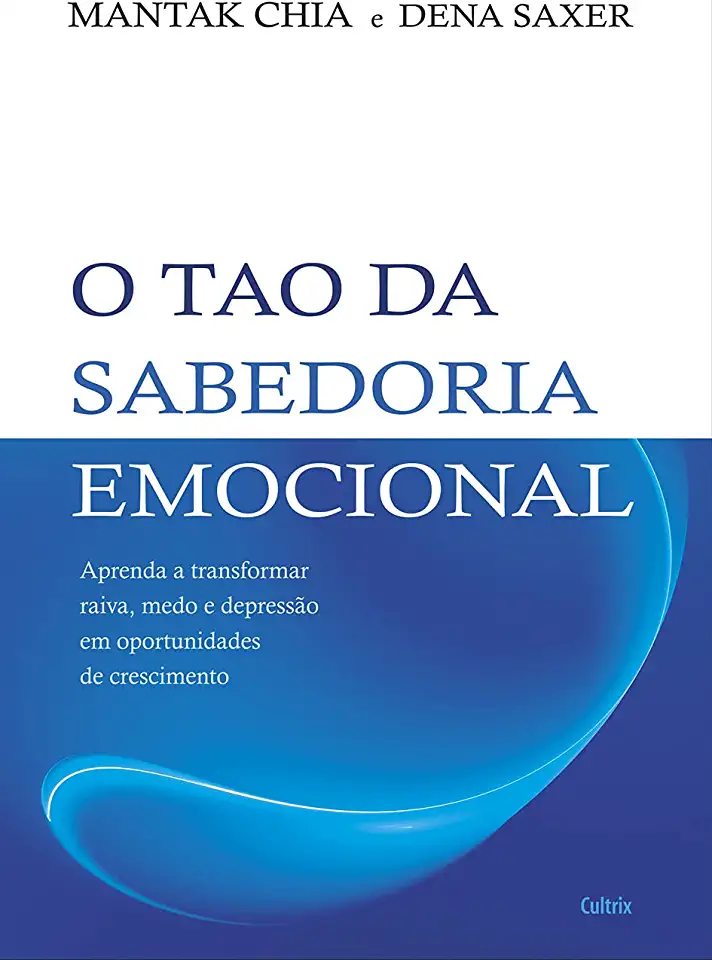
The Tao of Wisdom - Chungliang Al Huang
The Tao of Wisdom: A Guide to Living a Balanced and Fulfilling Life
Introduction
In today's fast-paced and demanding world, it's easy to feel overwhelmed and disconnected from our true selves. We may find ourselves constantly chasing after external goals and achievements, only to feel empty and unfulfilled inside. The Tao of Wisdom offers a refreshing and transformative perspective on life, guiding us towards a deeper understanding of ourselves and the world around us.
The Wisdom of the Tao
The Tao, a central concept in ancient Chinese philosophy, represents the underlying order and harmony of the universe. It is a force that flows through all things, connecting us to each other and to the natural world. By aligning ourselves with the Tao, we can find balance, peace, and fulfillment in our lives.
The Three Treasures
The Tao of Wisdom introduces three essential treasures that are key to living a harmonious and fulfilling life:
Jing (Vital Essence): Jing represents our physical energy and vitality. It is the foundation of our health and well-being. By nurturing our Jing, we can cultivate a strong and resilient body that is resistant to disease and aging.
Qi (Life Force): Qi is the energy that flows through our bodies and minds. It is responsible for our thoughts, emotions, and actions. By cultivating our Qi, we can enhance our mental clarity, emotional balance, and physical vitality.
Shen (Spirit): Shen represents our spiritual essence and connection to the divine. It is the source of our creativity, intuition, and wisdom. By nurturing our Shen, we can deepen our understanding of ourselves and the world around us, and experience a profound sense of peace and fulfillment.
The Eight Gates of Wisdom
The Tao of Wisdom presents eight gates, or principles, that serve as a roadmap for cultivating the three treasures and living a balanced and fulfilling life. These gates include:
The Gate of Self-Awareness: This gate encourages us to look within and become aware of our thoughts, emotions, and actions. By understanding ourselves better, we can make conscious choices that align with our true nature.
The Gate of Non-Attachment: This gate teaches us to let go of our attachments to external objects and outcomes. By embracing non-attachment, we can free ourselves from the cycle of desire and suffering.
The Gate of Equanimity: This gate guides us towards maintaining a balanced and peaceful state of mind, regardless of the circumstances we face. By cultivating equanimity, we can respond to life's challenges with wisdom and compassion.
The Gate of Compassion: This gate encourages us to develop empathy and compassion for ourselves and others. By opening our hearts to compassion, we can create a more harmonious and loving world.
The Gate of Simplicity: This gate reminds us to embrace simplicity and let go of unnecessary complexities in our lives. By simplifying our lives, we can find greater clarity and contentment.
The Gate of Spontaneity: This gate encourages us to embrace spontaneity and let go of rigid plans and expectations. By allowing ourselves to be spontaneous, we can open ourselves up to new experiences and opportunities.
The Gate of Trust: This gate teaches us to trust in the natural flow of life and the wisdom of the universe. By surrendering our need for control, we can find peace and acceptance in the present moment.
The Gate of Unity: This gate reminds us that we are all interconnected and part of a larger whole. By embracing unity, we can overcome our sense of separation and experience a profound sense of belonging.
Conclusion
The Tao of Wisdom is a profound and transformative guide that offers a path to living a balanced, fulfilling, and harmonious life. By cultivating the three treasures and embodying the eight gates of wisdom, we can reconnect with our true selves, find inner peace, and experience the boundless joy and wisdom of the Tao.
Enjoyed the summary? Discover all the details and take your reading to the next level — [click here to view the book on Amazon!]